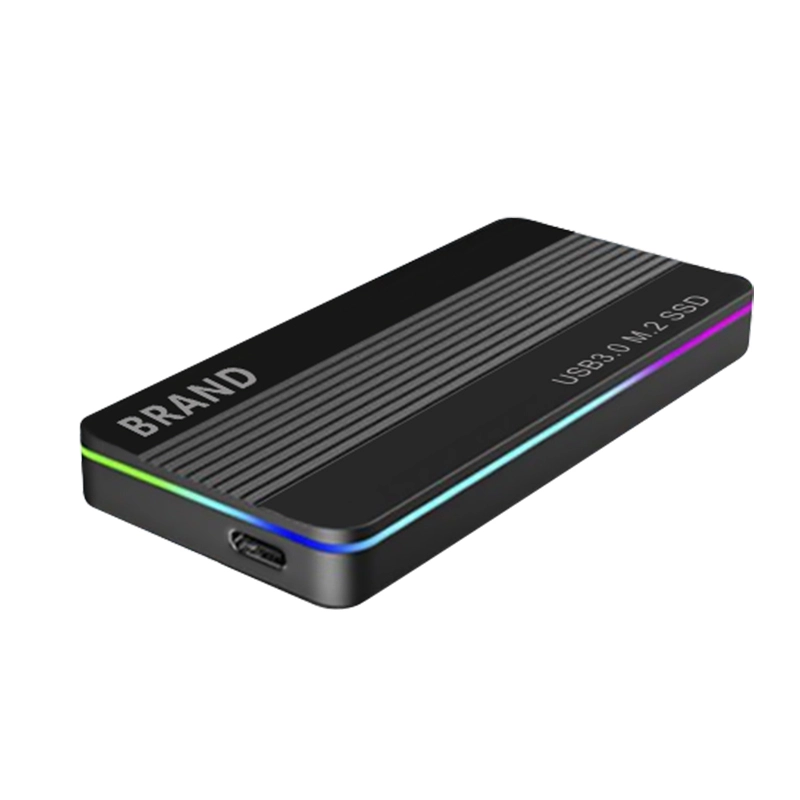In today’s digital age, storing and managing data has become a crucial aspect of our personal and professional lives. With the rapid growth of digital content, devices, and applications, the need for reliable and efficient storage solutions has never been more pressing. This is where External storage comes into play, offering a convenient, flexible, and secure way to store, backup, and transport data.

Why External Storage is Necessary
There are several reasons why external storage has become an essential tool for individuals, businesses, and organizations. Here are some of the most significant advantages:
- Data Security: External storage devices provide an additional layer of protection against data loss, theft, or corruption. By storing sensitive information on an external drive, you can ensure that your data is safe even if your primary device is compromised.
- Storage Capacity: External storage devices offer vast storage capacities, allowing you to store large files, such as videos, images, and documents. This is particularly useful for professionals who work with high-resolution files or large datasets.
- Portability: External storage devices are designed to be portable, making it easy to transport data between devices, locations, or teams. This flexibility is essential for remote workers, freelancers, or anyone who needs to collaborate with others.
- Backup and Recovery: External storage devices enable you to create backups of your critical data, ensuring that you can recover your files in case of a disaster or system failure.
- Device Independence: External storage devices can be used with multiple devices, operating systems, or platforms, providing a seamless and compatible storage solution.
Types of External Storage Devices
There are several types of external storage devices available, each with its unique features, advantages, and use cases. Some of the most popular options include:
- External Hard Disk Drives (HDDs): Traditional spinning disk drives that offer high storage capacities at affordable prices.
- Solid-State Drives (SSDs): Fast, reliable, and energy-efficient drives that use flash memory to store data.
- USB Flash Drives: Small, portable, and convenient drives that use flash memory to store data.
- Network-Attached Storage (NAS) Devices: Centralized storage devices that connect to a network, providing shared access to files and data.
- Cloud Storage Services: Online storage solutions that allow you to store, access, and share data from anywhere, using an internet connection. Visit now best solid state flash drive
Conclusion
In conclusion, external storage is a vital component of modern computing, offering a range of benefits, including data security, storage capacity, portability, backup and recovery, and device independence. With various types of external storage devices available, individuals and organizations can choose the solution that best fits their needs, ensuring that their data is safe, accessible, and manageable. As data continues to grow in importance and volume, the importance of external storage will only continue to grow.

